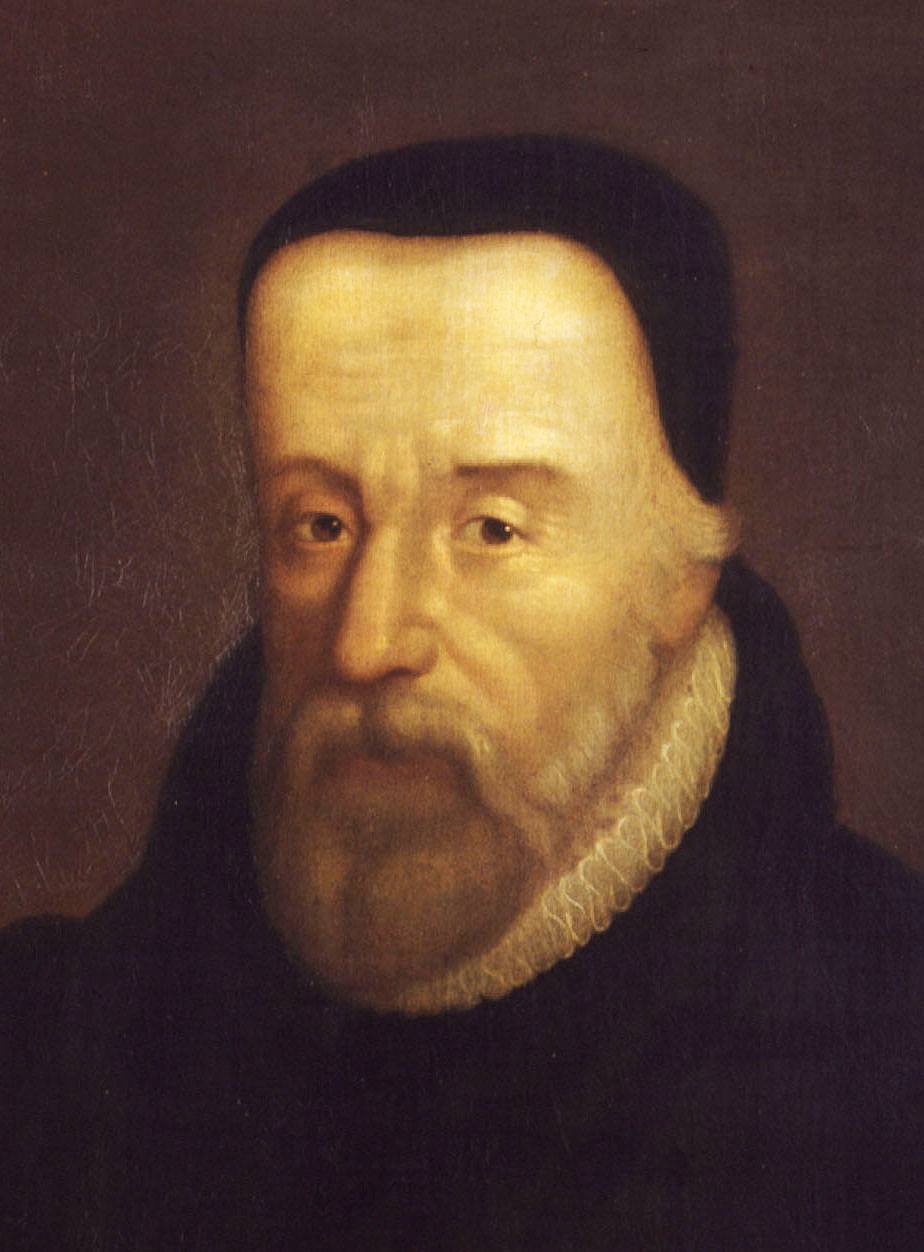
Part I
Part II
Part III
Part IV
Part V
Willliam Tyndale (1494-1536) was the most prominent Protestant Reformer in Great Britain in the early sixteenth century. He was best known for first translating the Bible from its original languages into English. His was also the first English translation of the Bible to be printed. He joined the Reformation in denouncing the practice of prayer to saints and teaching the doctrine of justification by faith.
Tyndale was also a nationalistic Englishman, having great love for his kin and country. When martyred, even though it took place in continental Europe, his final prayer was not for the world (or even Europe) to be saved, but instead he prayed for the repentance of his own people: “Lord, open the King of England’s eyes.”
A second example of his love for his own nation was his comments in his preface to his English translation of the prophet Jonah:1
Since the world began, wheresoever repentance was offered and not received, there God took cruel vengeance immediately: as ye see in the flood of Noah, in the overthrowing of Sodom and Gomorrah and all the country about: and as ye see of Egypt, of the Amorites, Canaanites and afterward of the very Israelites, and then at the last of the Jews too, and of the Assyrians and Babylonians and so throughout all the empires of the world.
Gildas preached repentance unto the old Britons that inhabited England: they repented not, and therefore God sent in their enemies upon them on every side and destroyed them up and gave the land unto other nations. And great vengeance hath been taken in that land for sin since that time.
Wycliffe preached repentance unto our fathers not long since: they repented not for their hearts were indurate and their eyes blinded…
Tyndale saw nations in the sense of ethnic groups united, among other ties, by common ancestry, as covenantal units providentially subservient to the sovereign blessings or curses of God. In particular, he saw his own English nation as a covenantal unit in need of repentance for its long-term providential survival. This, the survival of his own people, is of particular concern to him, as evidenced by both his final prayer and his employment of his people’s spiritual condition as a supreme test case for expositing the doctrine of national covenanting to his audience in his commentary on Jonah.
Part VII: The Nationalism of the Scots Confession
Footnotes
- Spellings are updated for modern English. ↩
| Tweet |
|
|
|




